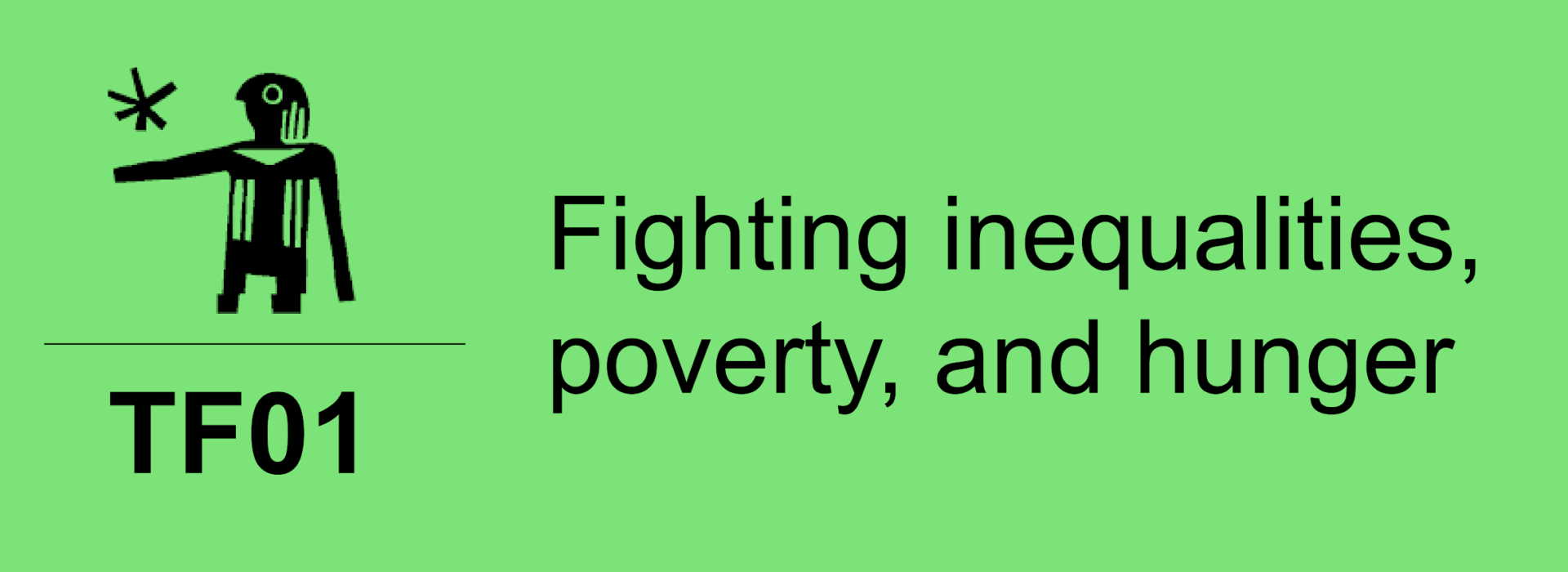The provision of healthcare services is essential to achieve good health (SDG 3) which can further lead to the fulfilment of other Sustainable Development Goals. The inequality in the distribution of such services drastically affects the minorities such as the indigenous people who reside in remote areas and hinder their progress and development. More than 70% of the world’s indigenous people reside in the G20 countries and while equitable, accessible and inclusive healthcare services for all has been the focus of G20 in the past years, adequacy of these services has not been met in their case. However, the SDG can only be achieved if the minorities can also prosper. According to the World Bank, the life expectancy of indigenous people is up to 20 years lower than the life expectancy of the non-indigenous people worldwide.’ Further, disproportionately high levels of infant, maternal and child mortality rates and infectious diseases are also common among indigenous people around the world. The lack of awareness on health issues, lack of emergency transportation and other financial constraints are some of the common factors that worsen the situation. Grave medical conditions can be prevented by increasing awareness and providing them with help as soon as possible. This policy brief recommends that the G20 countries establish a G20-wide commission to i. survey and study the prevalent medical conditions among the various indigenous people and ii. design vocational course curriculums by integrating traditional medicine with modern practices on emergency services for those medical conditions. Further, iii. ‘The World Bank, Indigenous Peoples, https://www.worldbank.org/en/topic/indigenouspeoples (last visited Feb. 5, 2024). set up a taskforce to conduct training courses for the indigenous people and empower them to deal with health emergencies sufficiently and by themselves.
Register for Updates
Would you like to receive updates on the Global Solutions Initiative, upcoming events, G7 and G20-related developments and the future of multilateralism? Then subscribe here!
1 You hereby agree that the personal data provided may be used for the purpose of updates on the Global Solutions Initiative by the Global Solutions Initiative Foundation gemeinnützige GmbH. Your consent is revocable at any time (by e-mail to contact@global-solutions-initiative.org or to the contact data given in the imprint). The update is sent in accordance with the privacy policy and to advertise the Global Solutions Initiative’s own products and services.









